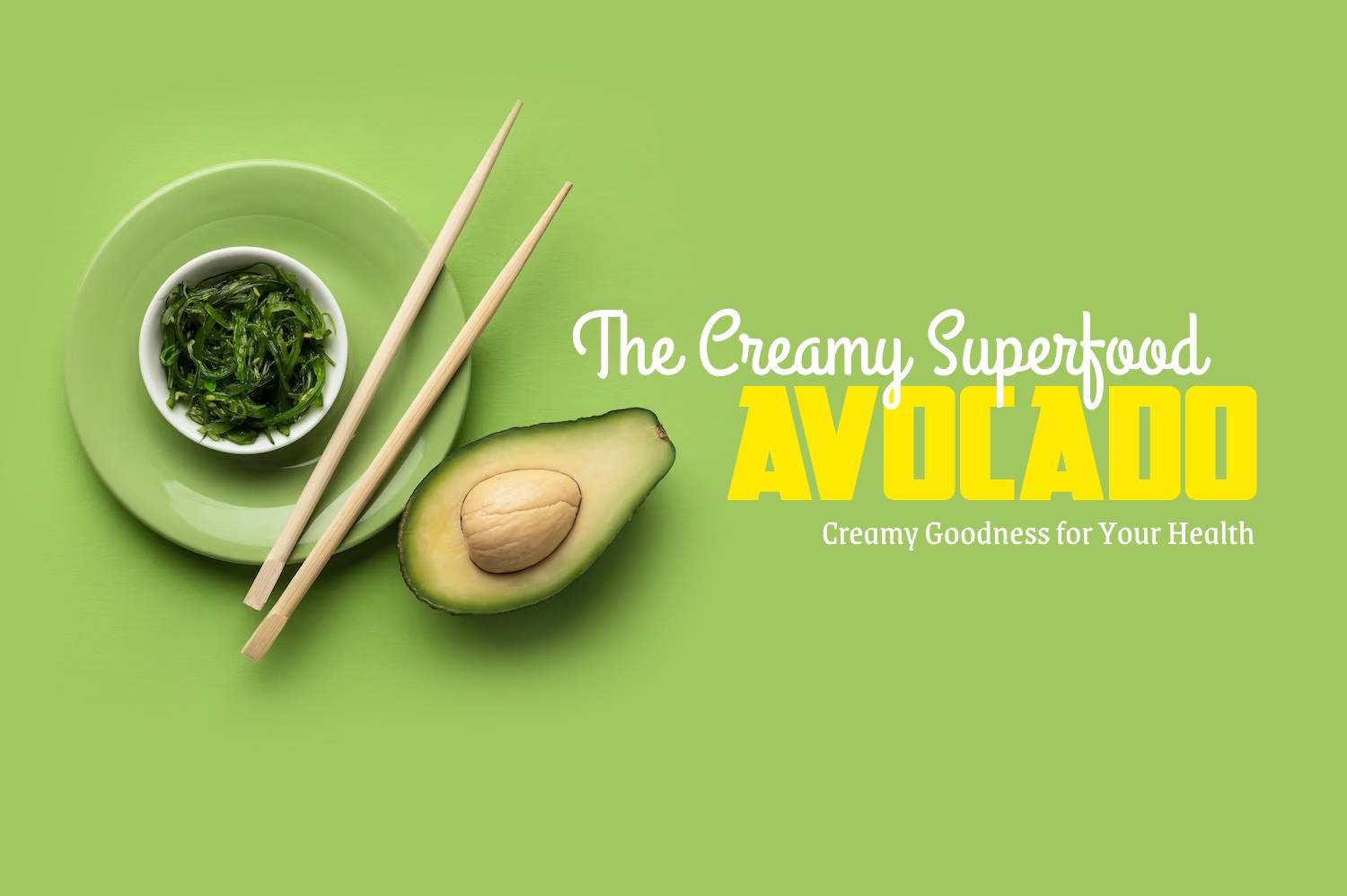Pav Bhaji is a beloved Indian street food that has captured the hearts and taste buds of people across the globe. This delectable dish, originating from the bustling streets of Mumbai, offers a burst of flavors, textures, and aromas that make it an irresistible treat for food enthusiasts. Whether you’re a spice aficionado or simply looking to explore new culinary experiences, Pav Bhaji is a dish that should be on your must-try list. In this blog article, we will dive into the origins, ingredients, preparation, and unique characteristics of Pav Bhaji, as well as its popularity and the reasons behind its global appeal.
The Origins of Pav Bhaji
Pav Bhaji has its roots in the bustling streets of Mumbai, India. It was created as a quick and affordable lunch option for textile mill workers in the 1850s. Over time, this humble dish gained popularity and spread like wildfire throughout the city, eventually becoming an iconic street food delicacy.
Ingredients that Create the Magic
Pav Bhaji is a unique blend of vegetables and spices, cooked to perfection. The key ingredients include potatoes, tomatoes, onions, peas, capsicum (bell peppers), and a medley of spices such as turmeric, red chili powder, cumin, and coriander. The dish is usually garnished with fresh coriander leaves, a squeeze of lime, and a dollop of butter, which adds a rich and creamy texture to the final product.
Preparation and Cooking Process
The preparation of Pav Bhaji involves a two-step process: boiling and mashing the vegetables, and then cooking them with a spice-infused tomato-based gravy. The vegetables are usually boiled until soft and then mashed to create a thick and luscious consistency. In a separate pan, a flavorful blend of spices, including Pav Bhaji masala, is used to create the base of the dish. The mashed vegetables are then added to the spice mixture and cooked until the flavors meld together, resulting in a harmonious blend of tastes and aromas.
The Perfect Pairing: Pav and Bhaji
Pav, a soft and fluffy bread roll, is an integral part of the dish. It is lightly toasted with butter or ghee until golden brown, giving it a crispy exterior while maintaining its softness on the inside. The pav acts as a carrier for the bhaji (the vegetable curry), and the combination of the two is what makes Pav Bhaji a truly enjoyable experience.
Unique Characteristics and Variations
One of the fascinating aspects of Pav Bhaji is its adaptability. While the traditional version remains a favorite, several creative variations have emerged over time. Some popular variations include Cheese Pav Bhaji, Jain Pav Bhaji (prepared without onions and garlic), and Tawa Pulao (a spin-off dish that incorporates the flavors of Pav Bhaji with rice). Each variation offers a distinct twist while retaining the essence of the original dish.
Global Popularity and Appeal
Pav Bhaji has transcended geographical boundaries and has become a global sensation. Its popularity can be attributed to its flavorful taste, the fusion of textures, and the ability to cater to various dietary preferences. It has found its way into Indian restaurants worldwide, food trucks, and even fine dining establishments, delighting people of all backgrounds and culinary preferences.
Pav Bhaji is a culinary masterpiece that has stood the test of time. Its humble origins, robust flavors, and versatility have made it a beloved street food dish cherished by people across different cultures. Whether enjoyed as a quick bite on the streets of Mumbai or savored in a restaurant setting, Pav Bhaji never fails to











